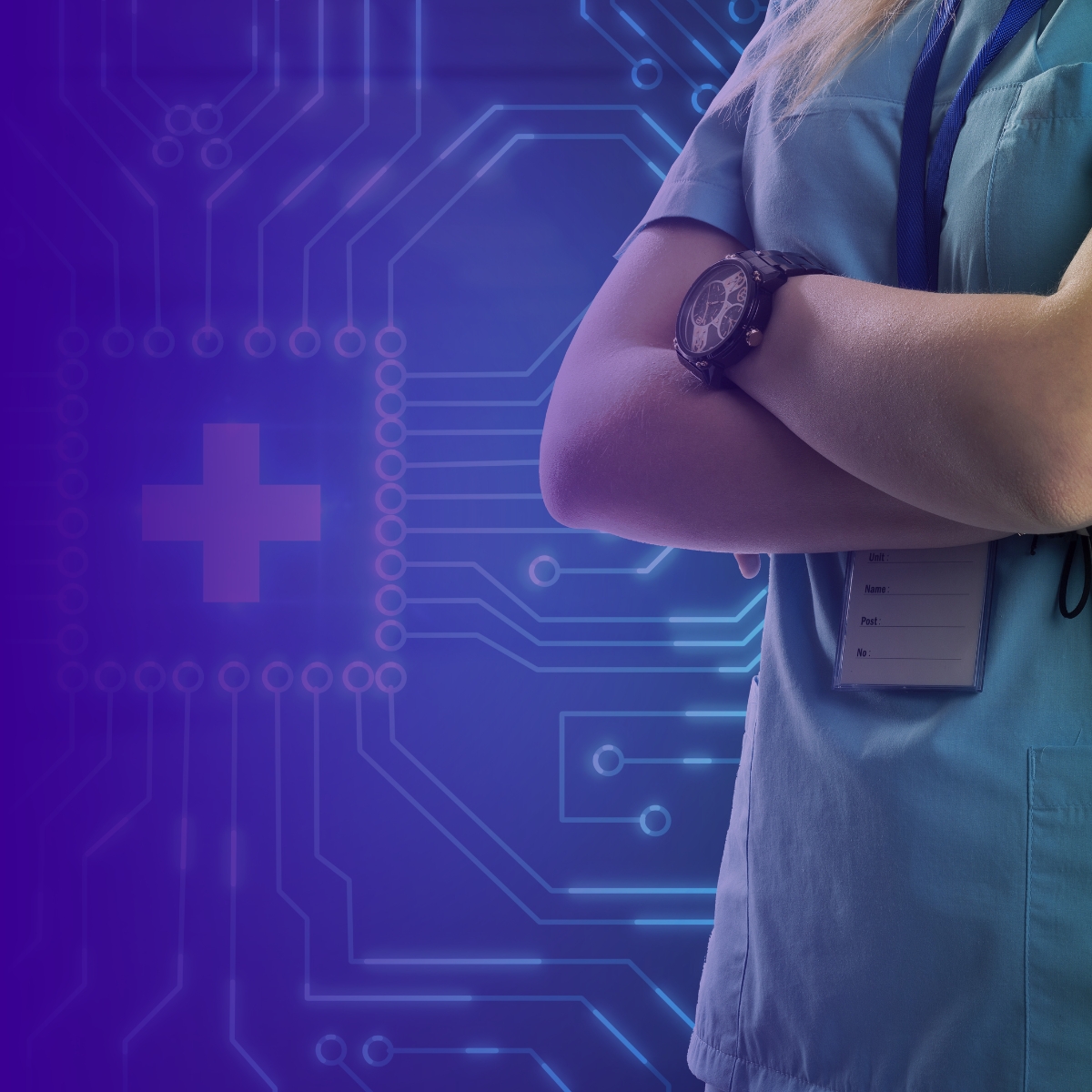Description
Become an expert in Artificial Intelligence Applied to Healthcare.
Three modules, one complete specialisation
Each of the three modules brings you closer to mastering Artificial Intelligence in the healthcare field, providing you with the key skills to transform biomedical research and clinical placements. You can either take one module, two of them… Or all three!
The prices shown are just for the first ones to book their places. Now it’s your chance!
Welcome to the future of Healthcare!
OBJECTIVES AND GENERAL DESCRIPTION
This course introduces the fundamental concepts of AI and shows its applications in the biomedical field. It consists of three main modules: (1) Basic concepts of AI for application in healthcare, (2) AI for biomedical research, and (3) AI for clinical placements.
At the end of the course, the main objectives to achieve are:
- To acquire the knowledge necessary to understand the fundamentals and basic concepts of AI.
- To understand the possibilities and limitations of AI in the field of healthcare.
- To learn about the AI techniques commonly applied in biomedical research.
- To learn about the AI techniques that enhance and support healthcare work in the healthcare environment.
AIMED AT
Medical staff with healthcare responsibilities. Medical staff with management responsibilities. Biomedical research staff. Healthcare staff in general, which may include ICT professionals working in the healthcare sector.
MODULE I: BASIC FUNDAMENTALS OF AI FOR HEALTHCARE (40 teaching hours)
Objectives:
- Provide a basic understanding of what AI is, particularly in the context of machine learning.
- Identify the main AI techniques applied to healthcare: machine learning and NLP.
- Learn about the main machine learning techniques, their validation, and evaluation metrics.
- Learn the fundamentals of Natural Language Processing.
- Identify the main sources of data in the field of healthcare, clinical practice, and biomedical research.
- Learn about the field of natural computing and its impact on biomedical systems biology.
- Learn about the different levels of linguistic analysis for a study and in-depth understanding of language, identifying its elements and characteristics at each level.
- Provide the basic knowledge for the creation and management of quality linguistic corpora, applying selection and structuring criteria that allow reliable and relevant data to be obtained for linguistic analysis.
Contents:
- Introduction: What is AI? Strong AI, Weak AI, and the Singularity. Some areas of AI. Machine learning and deep learning. Natural Language Processing. Generative AI. Language models. Explainable, responsible, and ethical AI. Data sources for AI in healthcare. Areas of application for AI in healthcare. Challenges of AI in healthcare. Total 5 hours. José M. Sempere.
- Machine learning: Main machine learning techniques: artificial neural networks, random forests, Support Vector Machines, etc. Regression techniques. Clustering. Ensemble learning: bagging and boosting. Model training and validation. Overfitting. Evaluation metrics for machine learning experiments.
- Natural Language Processing.
- Introduction to NLP.
- Historical evolution of NLP.
- NLP applications: Information retrieval, information extraction, information classification, disambiguation, opinion mining, simplification, and summary generation.
- Lines of work in NLP: Domain adaptation and use cases.
- NLP ecosystem.
-
- Linguistic resources: levels of analysis and corpus.
-
- Language Models.
- What is a language model?
- How do LLMs learn?
- Methods for evaluating LLMs.
- Solving specific tasks with LLMs.
- Practical examples of the use of LLMs.
- Language Models.
-
- Applications of NLP in healthcare and biomedicine.
- Why is NLP relevant in biomedicine? What specific challenges does it face in this field?
- Generative Artificial Intelligence applied to biomedicine.
- Prompt engineering (Prompting).
- Retrieval-Augmented Generation (RAG)
- Virtual assistants for biomedicine.
- Observation of trends in biomedicine: T2Know.
- Applications of NLP in healthcare and biomedicine.
MODULE II: AI IN BIOMEDICAL RESEARCH (32 teaching hours)
Objectives:
- To learn about omics data sources.
- To carry out simple ML experiments with omics data.
- To learn about language models for omics information.
- To learn about natural computing and its application in digital twins for systems biology.
Contents:
- Machine learning applied to omics data: classification, prediction, and generation. Experiments with omics data.
- Omics language models.
- Structural models for omics and pharmacology. Information representation and learning. Alpha Fold.
- Deep learning and RNAs applied to radiomics.
- Radiomics: Data sources and image curation.
- Epidemiology: Natural computing and systems biology. Digital twins: intelligent biosimulators.
MODULE III: AI IN HEALTHCARE (2 teaching hours)
Objectives:
- To learn about data sources in healthcare, with special emphasis on medical records.
- To learn about the main techniques for retrieving information and interpreting biomedical texts.
- To learn about other areas of AI application in healthcare (mental health, decision-making assistants, smart devices, etc.).
- To learn about the main legal regulations in force regarding the use of AI and data in the field of healthcare.
Contents:
- Data sources: Medical records.
- Information retrieval and biomedical text mining.
- Generative AI for the interpretation of biomedical texts and medical records.
- Generative AI in mental health diagnosis and therapy.
- AI in patient care (AI healthcare, telecare, wearable health devices).
- Data protection and legal aspects.
Teaching staff
Would you like more information?
Signing up is easy! Just follow these steps:
- Fill out the form below with your details so we know you’re interested in one of the modules.
- Once you’ve signed up, we’ll let you know when the pre-registration date is approaching.








